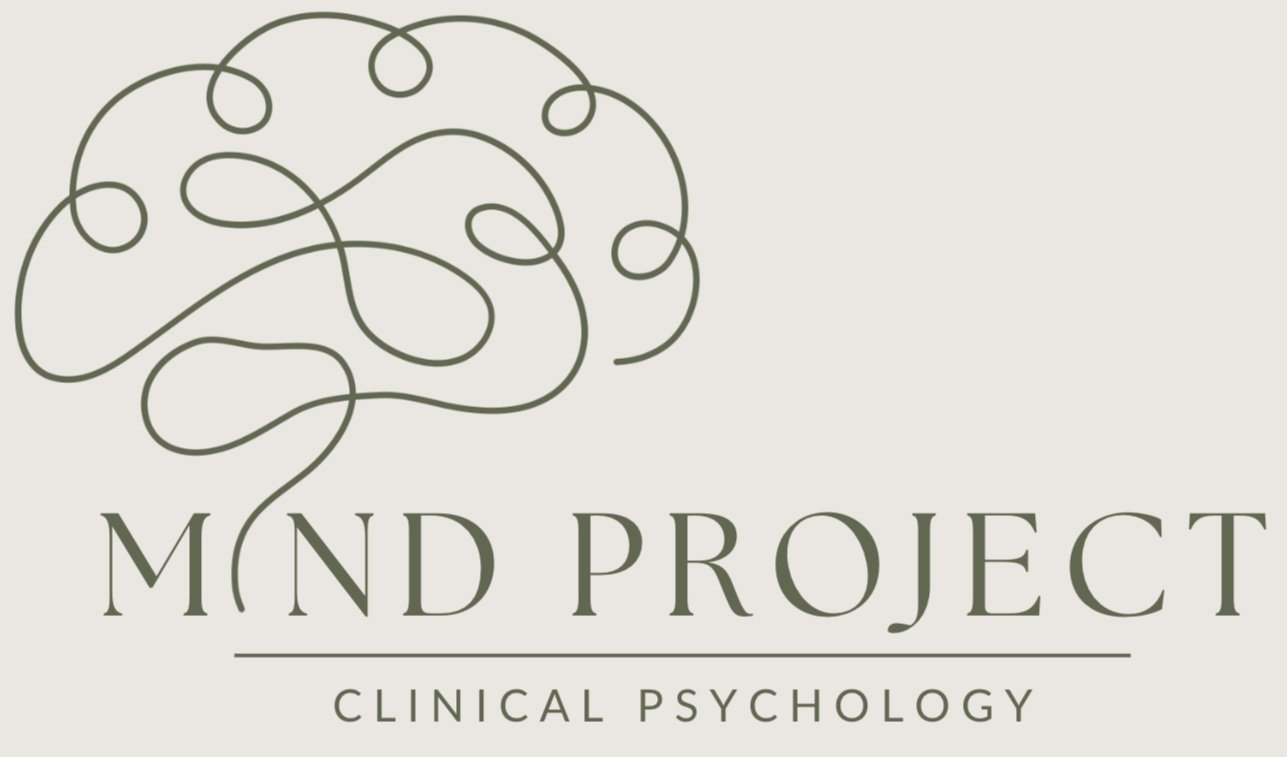What is CBT? (Part 1)
“There is nothing either good or bad, but thinking makes it so” – William Shakespeare
In the field of psychology, Cognitive Behavioural Therapy (CBT) stands out as the gold standard for many mental health issues. Backed by extensive research and evidence, CBT offers hope to individuals struggling with anxiety, depression, anger, addiction, OCD, PTSD, and more. As a clinical psychologist, I have witnessed the transformative power of CBT over and over again with many clients. I’ve seen them improve their mental well-being, reach their goals, and ultimately enhance their quality of life.
But what is CBT? Let’s explore the first fundamental principle of CBT – the Cognitive Principle.
The Cognitive Principle: Thoughts Shape Our Reality
The cognitive principle is rooted in the understanding that it is not situations themselves that determine how we feel, but rather our thoughts about those situations. The acronym WUTIHUF can be helpful (What you think is how you feel). It looks like this.
Situation —> Thoughts —> Emotions
Of course, people have very challenging lives and certain situations are inherently distressing, but for many ‘everyday’ situations it’s our interpretation that matters.
An example: Image a friend is walking down the other side of the street. You wave and say hi. Unresponsively, they stare blankly ahead and walk past.
How do you feel? Are you Sad? Angry? Betrayed? Anxious? Amused? Indifferent? Well, it depends on your thoughts. It depends on your interpretation. Here are some interpretations and their subsequent emotions:
“My friend doesn’t like me anymore” - Sadness
“They intentionally ignored me” - Angry
“How could they treat me like that! Especially on my birthday!” - Betrayed
“Did I do something to upset her?” - Anxious
“That’s so like her. Off with the fairies again.” - Amused
“I’ll catch up with her later.” - Indifferent
So how should we feel if a friend walks past us on the street without saying hi? Well, it depends on what actually happened. Did they even see you? Is there another explanation that you haven’t considered (e.g. perhaps they are setting up your surprise party)?
CBT isn’t about avoiding all unpleasant emotions. That’s impossible. Were human, after all. And it’s not just about ‘thinking positively’. No – CBT is about identifying thoughts that cause undue distress. It’s about challenging rigid, distorted, and overly negative thoughts and replacing them with more realistic ones.
By reshaping our thoughts, we can significantly improve our mood and overall well-being. So why not give CBT a chance?
“The happiness of your life depends on the quality of your thoughts” – Marcus Aurelius
